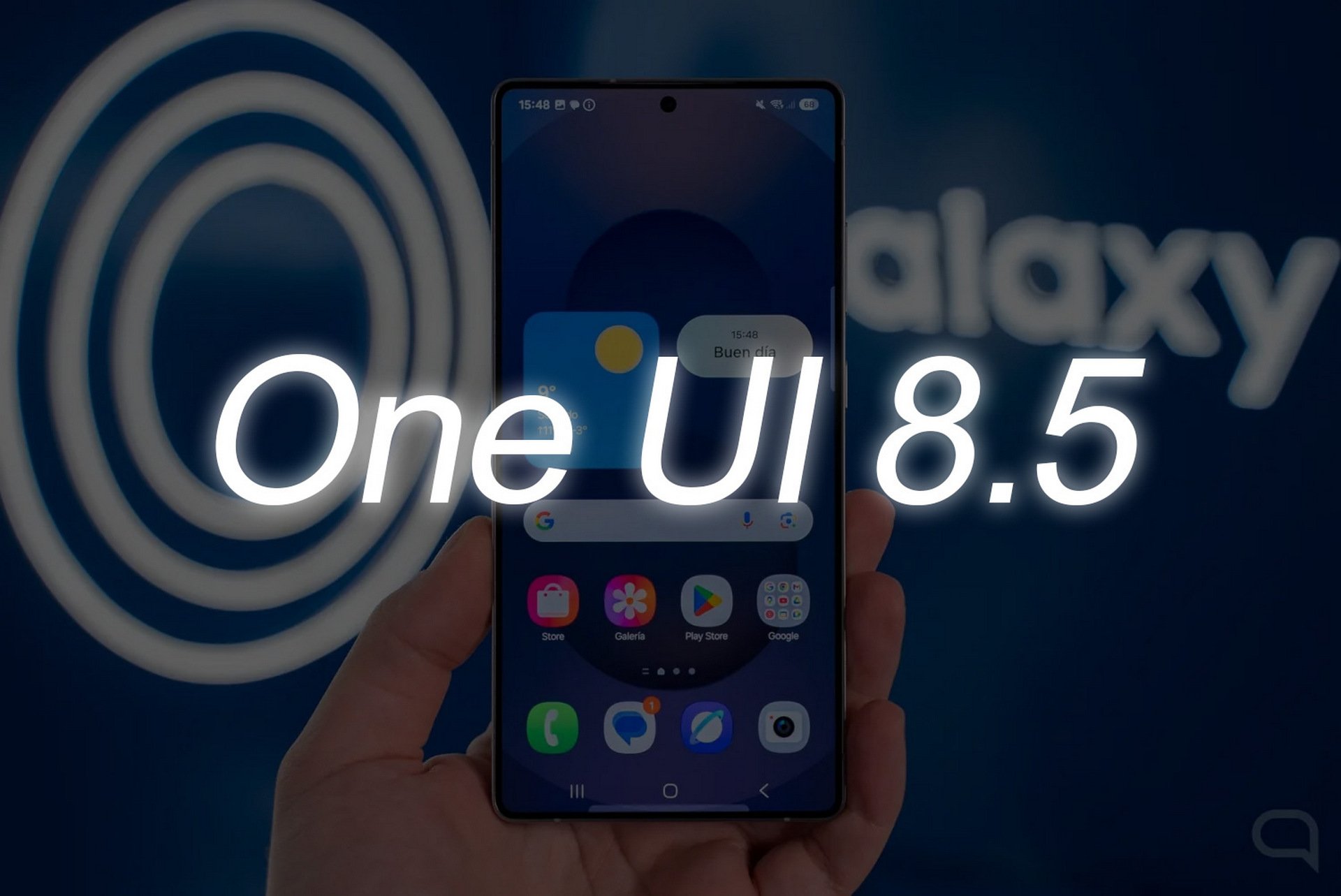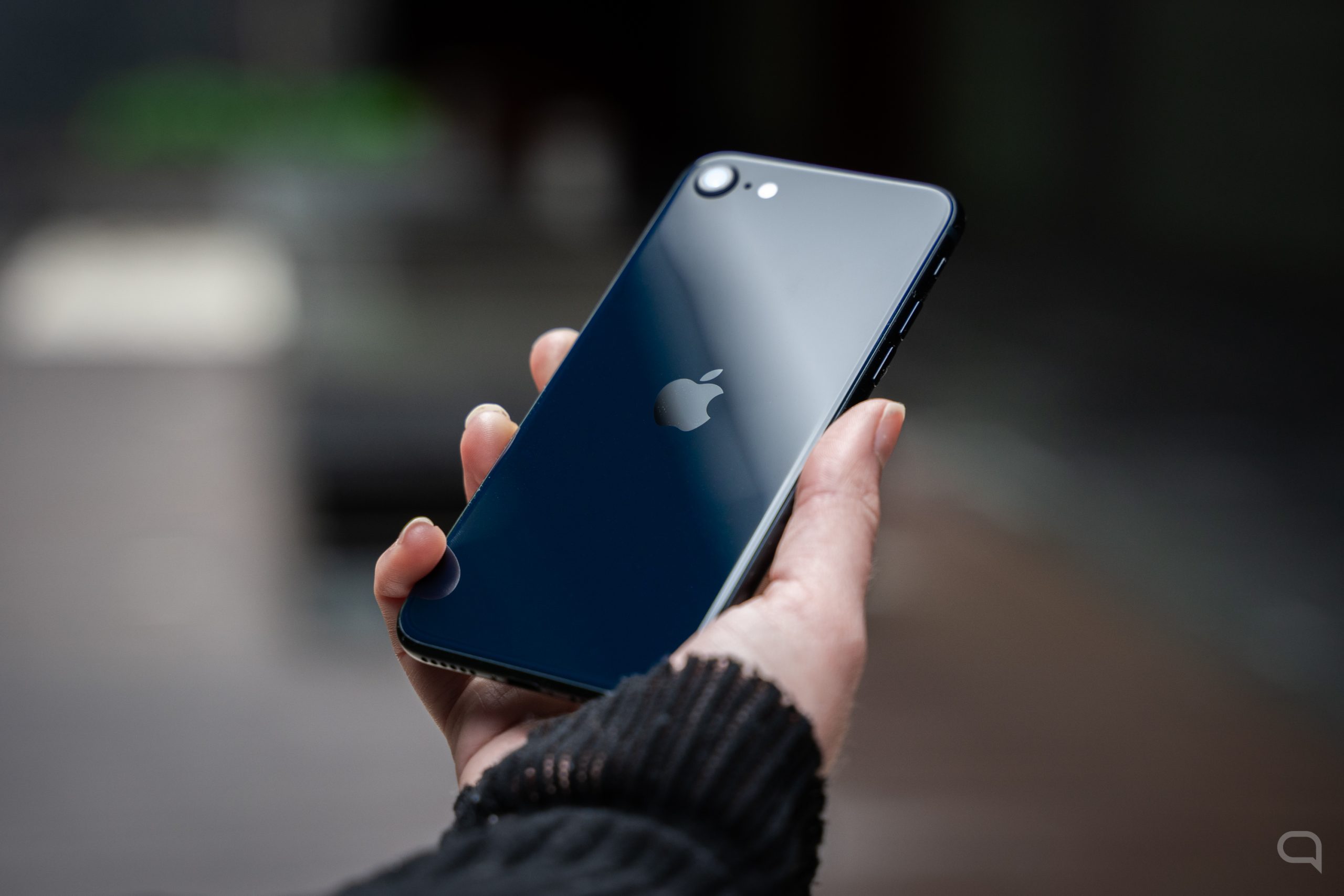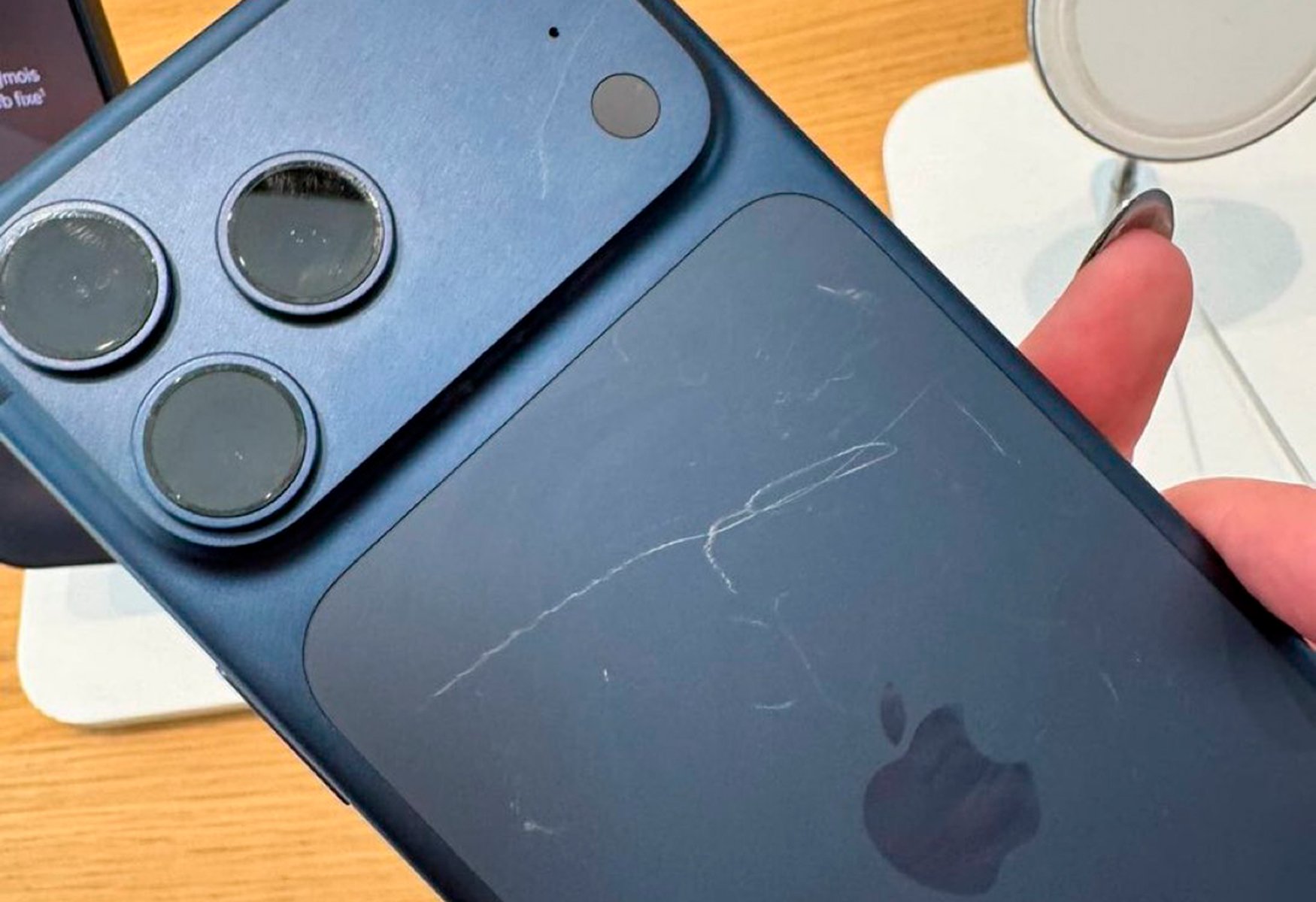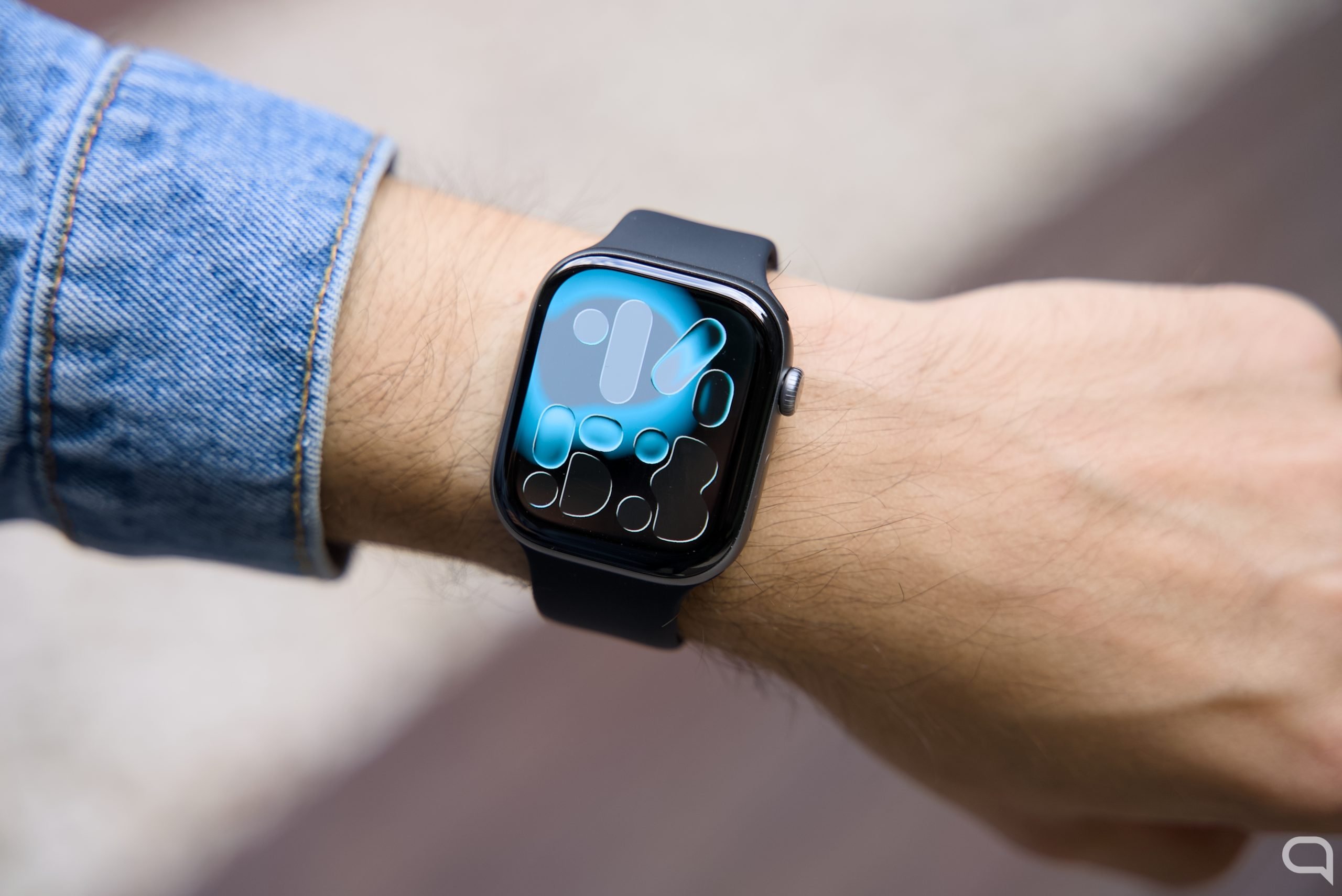One of the main criticisms of mobile phones has to do with the fact that they we are always available. Through a call or through The GPS of the phone itself. Namely, the functions iPhone location and GPS they are in plain sight: users, security experts, and cybercriminals. And it’s that an aggressive app will always want to access your mobile location. It’s over. Your iPhone’s native iOS system accesses this information and stores it in several ways. One of them, completely unknown, is called Important places.
For years, Apple has focused on security and protection Privacy & Security data of their users. With a focus on iOS, the operating system of the iPhone, there are more and more things that we can block, accept or reject in the privacy section of the phone. And one of the most delicate aspects has to do with our mobile location. Useful information for us, but it could fall into the wrong hands.
So if you have an iPhone, you can give apps one by one permission to use your location. With different levels of permissions. This can also be done using the iOS system itself, known as system services. These features also use the iPhone’s GPS, and we can stop them if you’re concerned about your privacy. And finally, we will know the function Important placeswhich stores your mobile location for use in iOS apps and is not known to many.
Enable or disable location services for apps
FROM Settings > Privacy > Location you can control which apps access your mobile location. Information provided by your iPhone’s GPS along with other data provided by Bluetooth and WiFi. You can directly disable the ability to share your location by clicking on the button Location or set up each application one by one. What’s more, every time an app wants to use your location, iOS requests it.
To make management more personalized, there are four levels of privacy: you can prevent access to your location always, have it ask you every time it needs it, access it when it needs it without asking you, or finally always have access to your location.
And when it does, you will see a prompt at the top of your iPhone screen. BUT hollow arrow when an app obtains your mobile location “under certain circumstances”, according to the iOS system itself. BUT purple arrow indicates that the app has recently used your location. Finally one gray arrow indicates that the app or service has used your location “in the last 24 hours”.

iPhone GPS and system services
In addition to third-party apps and apps that ship with iOS, there are other system services that sometimes require your iPhone’s GPS to know your mobile location. You will find them in Settings > Privacy > Location > System Services. You can turn them off one by one if you’re concerned about your privacy, but make sure you know what you’re doing as each of these options are disabled. will affect iOS behavior and from your iPhone. If you notice these changes for the worse, you will always have time to activate them again.
Specifically, system services that need your iPhone’s GPS data are related to the Search my iPhonewith the search for nearby mobile networks, with the function of sharing your location in different applications, such as Messages or whatsappcontrol and manage devices through iPhone via HomeKit and more.
As with third-party apps or iOS, when these services use your mobile location, an indicator in the form of an arrow appears. And, if you wish, you can also look at this arrow above screen, as it happens with applications. You can activate it from Settings > Privacy > Location > System Services > Status bar icon.

What do we do with important places?
At this point, you know the most important thing about how iOS uses your iPhone’s GPS. But an option that is somewhat hidden and may attract the attention of those who envy your privacy. This is known as Important places and is located in Settings > Privacy > Location > System Services > Important Places. In English this is known as Important places.
As stated on the iPhone itself, when this option is activated, “it allows iPhone and devices connected to iCloud to remember places that are important to you.” The reason is “to offer you useful location information in Maps, Calendar, Photos and other apps.” And for our peace of mind, iOS tells us that “important places point to point encrypted and Apple can’t read them.” Not only this. When you want to access them, iOS will ask you to enter a passcode or use Touch ID or Face ID.
These Important places these are mobile locations that your iPhone’s GPS has detected repeatedly over time. And this iOS infers that these are places you visit with some regularity, so should be taken into account. Your usual place of residence, place of work, where your parents and/or friends live, where you usually shop, etc.
If, despite everything, you do not want this information to be stored, you can deactivate Important places pressing the corresponding button. You can also click on Delete history delete old entries. How will this affect iOS, your iPhone or Apple Watch? Differently. Two examples: You won’t be able to get predictive traffic routing on Apple Maps D A photo you will not be able to create albums or photo collections from a specific location or date.
Source: Hiper Textual
I am Bret Jackson, a professional journalist and author for Gadget Onus, where I specialize in writing about the gaming industry. With over 6 years of experience in my field, I have built up an extensive portfolio that ranges from reviews to interviews with top figures within the industry. My work has been featured on various news sites, providing readers with insightful analysis regarding the current state of gaming culture.













